Gwangju Peeps, KOTESOL Peeps: Where Are They Now?
Expats are a quite transitory group. Many are very active in their adopted community, and then one day they are gone. You lose touch with them, and as the saying goes, “Out of sight, out of mind.” Well, what we have done is contact a number of former Gwangju residents who were also active members of the Gwangju-Jeonnam KOTESOL Chapter and asked them what they are up to now and how their experience here, including their KOTESOL experience, may have helped them in life after Gwangju. In this article, we have compiled contributions by Adriane Moser Geronimo, Kim Syejeong, Vivien Slezak, Doug Stuber, and Dean Derkson. Below are their stories. — Ed.
Adriane Moser Geronimo
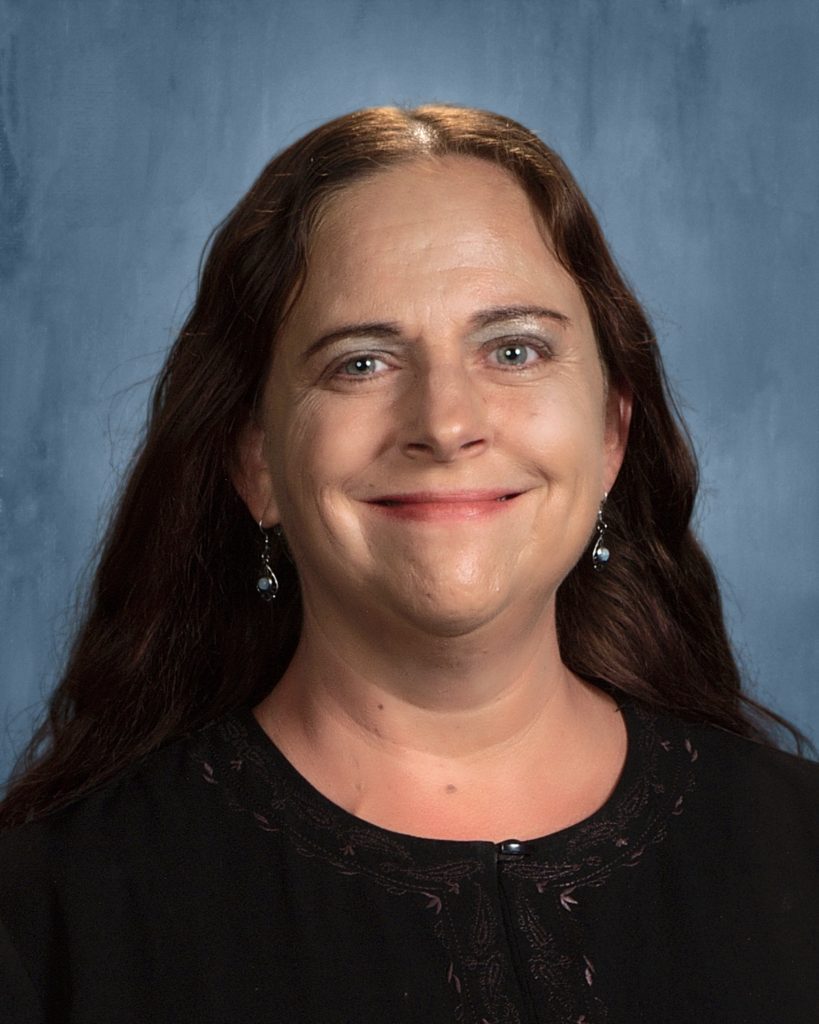
Adriane Moser Geronimo spent almost six years in Korea between 1995 and 2009, all of them in Gwangju and as an active KOTESOL member. Although she in now back in the U.S., she is still an active lifetime member of KOTESOL. Here is her story.
In Korea, I first worked in language institutes for children grades K–9 and later taught children, undergraduates, and graduate students in the English Department and the Language Education Center of Chonnam National University. I also completed my master’s degree in English language at CNU.
I served as treasurer for the Gwangju-Jeonnam Chapter of KOTESOL from 2006 to 2008 and then as chapter president (2008–2009). I helped plan monthly workshops, annual conferences, and outreach events for the chapter.
After leaving Korea, my husband and I stayed in Southern California. While I was unable to acquire California state teaching licensure, I worked at a Korean-owned and -managed proprietary intensive English program adjacent to UC Irvine. We eventually resettled in Virginia, where I taught PreK–12 ESL and community college English, thanks to connections forged in Korea and my degree from CNU.
I have taught high school English Language Arts and Language Development courses in Texas for eight years now. I have used leadership skills developed through participation in KOTESOL at the campus and district level, serving on Campus Educational Improvement, District Educational Improvement, Language Proficiency Assessment, Grading, and Attendance Committees. I have also been active in five state and regional TESOL affiliates since returning to the United States.
The global pandemic made it impossible to travel for several years; it also opened up new opportunities for professional learning and collaboration online. I have participated in the Gwangju-Jeonnam KOTESOL Reflective Practice Special Interest Group and have presented at the Global English Teachers Association 2020 Conference, the KOTESOL International Conference, and the 24-Hour MATSDA International Language Learning Conference. My involvement in these online events was made possible by connections with KOTESOL members.
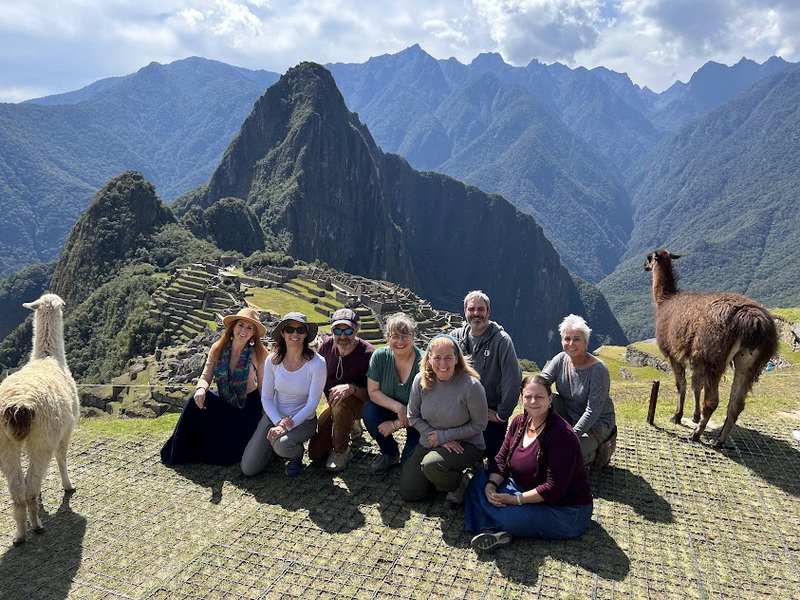
Working overseas is not in itself sufficient to make one a global educator. I have pivoted my international experience and leadership skills gained with KOTESOL into the area of global education. I was selected for the Fulbright Teachers for Global Classrooms Program for the 2019–2020 school year, eventually completing my international field experience in Peru in the summer of 2022. This entrée into the world of global education opened doors to participation in activities with the National Consortium for Teaching about Asia at the East Asian Studies Center at Indiana University. Through that connection, I now mentor a Korean graduate student each semester with the non-profit Pathways to Cross-Cultural Understanding. I also participate in the University of Minnesota’s Institute for Global Studies. Once I opened the door to global education, the opportunities have not ended!
I am a National Board-Certified Teacher in English as a New Language. In my initial portfolio and first maintenance of certification, I showcased and reflected upon my participation in KOTESOL. As I add a certification area and maintain the first, I continue to utilize my ongoing professional growth experiences though KOTESOL.
Connections, knowledge, and skills I have developed through participation in KOTESOL have helped my further development, both personally and professionally, into a well-rounded, well-informed member of the global community. I wish to thank all who are a part of my past, present, and future journey.
Kim Syejeong
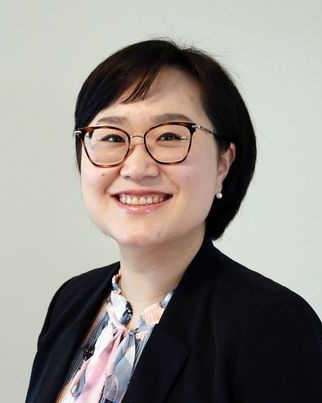
Kim Syejeong grew up in Gwangju, became an English teacher after university, joined KOTESOL soon thereafter, and moved to the United States in 2014. Here is her story.
Coming from a family deeply rooted in Gwangju, I have always enjoyed opportunities to interact with diverse members of the community in my hometown. While working as a new English teacher in the early 2000s, I was motivated to get involved in organizations that could foster a sense of belonging with fellow English teachers who could create a feeling of being connected and provide support for each other. That is why I gladly joined the local KOTESOL chapter’s meeting when my Canadian friend, who was also an English teacher, invited me to the event. I quickly fell in love with the welcoming atmosphere of the chapter leadership combined with the opportunities for professional development and signed up for membership without hesitation.
My involvement with the Gwangju-Jeonnam Chapter afforded me a host of opportunities to attain highly desirable professional skills in today’s job market outside of a classroom environment. For example, while serving as the membership coordinator for the chapter, I gained invaluable hands-on experience in database management, financial management, and mass email communication. When I was selected to serve as the vice-president of the chapter, I worked to increase the diversity of membership by reaching out to non-native English-speaking teachers in the region, mainly from the Philippines, so that the group’s composition could more closely resemble that of all English teachers in the Gwangju region. Additionally, through my involvement with KOTESOL, I was introduced to the Gwangju International Center, where I was engaged in a wide range of volunteer opportunities that helped me grow professionally within the international community in Gwangju.
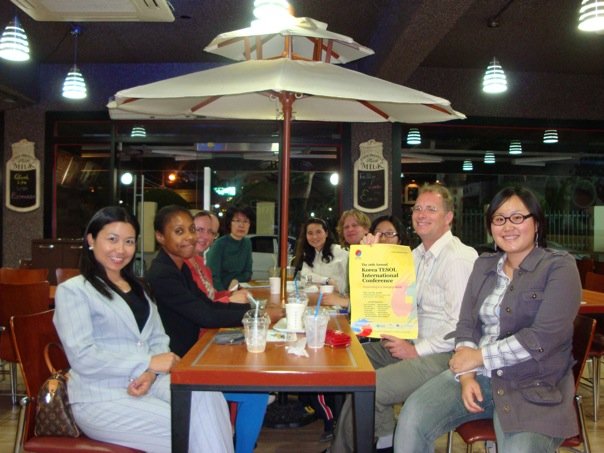
Looking back, my involvement with KOTESOL was a stepping stone in community-building that opened doors to a new career path. Upon completing my term as the chapter vice president, I landed a position at Chonnam National University as an international coordinator. In this role, I organized accessible international exchange programs and witnessed people building meaningful relationships across the globe. More recently, I worked at a non-profit organization to implement the U.S. Department of State-funded study abroad program called the Critical Language Scholarship (CLS) Program. Leveraging my previous connections with community organizations in Gwangju to arrange volunteer opportunities for the CLS participants during their time in the city and help them interact with the host community made me realize that I have come full circle from my early days as an aspiring community builder. Currently, I am continuing my path in public service and community-building by working as a recruitment specialist for AmeriCorps, an organization which sends people power and funding to communities across the U.S. to help communities tackle their toughest challenges.
Doug Stuber
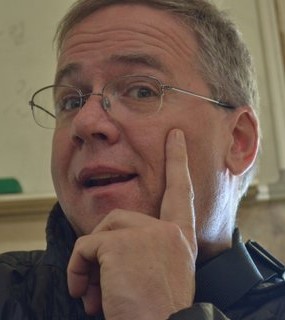
Doug Stuber spent about eight years teaching English at the tertiary level in Gwangju. It was not uncommon to see him and his bright sweatshirts at the Gwangju International Center, at KOTESOL meetings, and around town. Those who knew him knew that he was also an accomplished artist and poet. Now back in the U.S., he is into publishing poetry. Here is his story.
When I first joined KOTESOL, at the kind request of Park Yeon Seong and Ynell Lumantao, I hoped to bridge the gap in my curricula caused by the difference in teaching styles in the U.S. and best practices in South Korea. Superior guest presenters, fun games full of tips, and specific goals and strategies often presented by members meant that there was a lot more to gain from KOTESOL than lesson plan ideas. I took notes in the meetings to the point of hand cramps.
A teaching deficit that started to be repaired at KOTESOL was that I had majored in journalism, with a master’s in creative writing. In other words: I had not a single education class along the way. Though I had taught seventh grade for five years and at a community college for six, it became clear that teaching English as a second language required specific methods that I had not yet used. KOTESOL and conversations with veteran second-language English teachers outside the meetings were vital in helping me teach more effectively, and on a level the students could understand and enjoy.
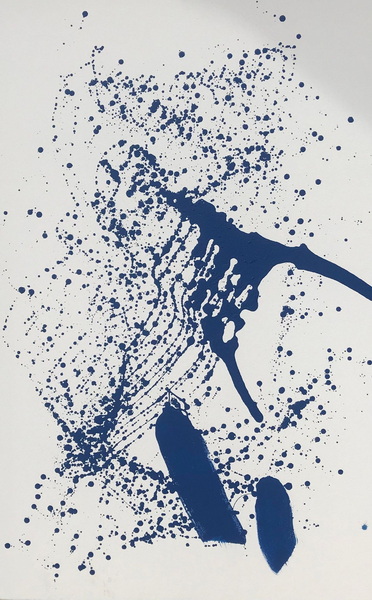
My time in Gwangju was from 2008 to 2015, my son, Hyuntae, was age 3–10 in that stretch, so he became familiar with both cultural norms and his mother’s native tongue. I taught English for the Media, Debate and Speech, Business English, and English in Academics at Chonnam National University. It was fun to have four different possible lesson plans to map out. Usually, I taught two of the four levels, but one semester I had the pleasure of teaching all four levels at once. I changed the curricula by 80 percent or more every single semester, so four separate lines of study felt like acting in four plays at the same time.
I made it to KOTESOL meetings more than half the time once I started. National conferences and events were often a highlight of my year.
Although I have switched from teaching into publishing “Poems from the Heron Clan,” running poetry critique groups, and publishing individual poets of merit, KOTESOL gave me the support needed to run effective groups and keep divergent groups of poets coming to meetings. I recommend KOTESOL, especially to English teachers who have not had education classes, or who might not have majored in English.
By the way, if you write poems, why not submit to the Heron Clan by sending three and a 50-word bio to katherinejamesbooks@gmail.com?
Vivien Slezak
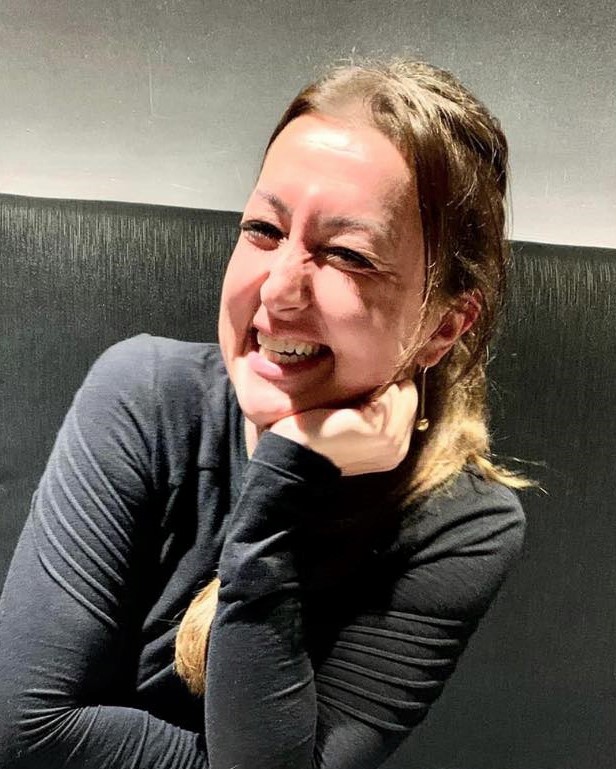
Vivien Slezak spent four fruitful years in Korea, the last two of them in Gwangju. For most of her time in Korea, she was a tertiary educator and involved in KOTESOL. Afterwards, she returned to Canada to further her career. Here is her story.
I lived in Gwangju from the fall of 2010 to 2012, after two happy years living in Daejeon and working at Woosong University. My move to South Korea was my first time on Asian soil, and my first intention was to gain teaching experience and immerse myself in Korean culture for one year. Without hesitation, I ultimately stayed for four years.
In Gwangju, I worked at Chosun University, teaching English to first-year students of all majors as well as in the English Language Institute teaching English to adults and children in the community. During my second year at Chosun, I moved to the ESL department where I taught English to pre-law and pre-medical students. My time at Chosun was a very fulfilling experience teaching-wise but also because of the opportunities to continue my involvement with KOTESOL.
Back in Daejeon, I started getting involved with KOTESOL as part of their International Conference Committee, which organized the annual international conference held in Seoul. My role as guest services chair enabled me, above all, to meet many interesting and engaging individuals, teachers, academics, and international superstars sharing their ideas and research contributions to the fields of teaching and learning. Some of these meetings resulted in ongoing professional relationships and friendships.
While in Gwangju, I was active in the Gwangju-Jeonnam Chapter as the treasurer. This was a great opportunity to meet and work with individuals on a more local level, and the chapter meetings provided great platforms to share ideas, hold mini-conferences, and continue to develop and improve our teaching practices in our EFL or EAP classrooms.
My teaching experience in Korea certainly helped me find employment in Toronto, specifically at the International Language Academy of Canada immediately upon returning to Toronto, and soon after at George Brown and Seneca Colleges. Specifically, I felt better equipped to teach large groups of various language proficiencies and learning needs. Additionally, my involvement with KOTESOL, both attending conferences and organizing them, helped me apply theories, methods, and new approaches to teaching in the classroom. Finally, my years in Korea helped me obtain various short-term teaching positions in China, where I could further practice and develop my skills as an educator.
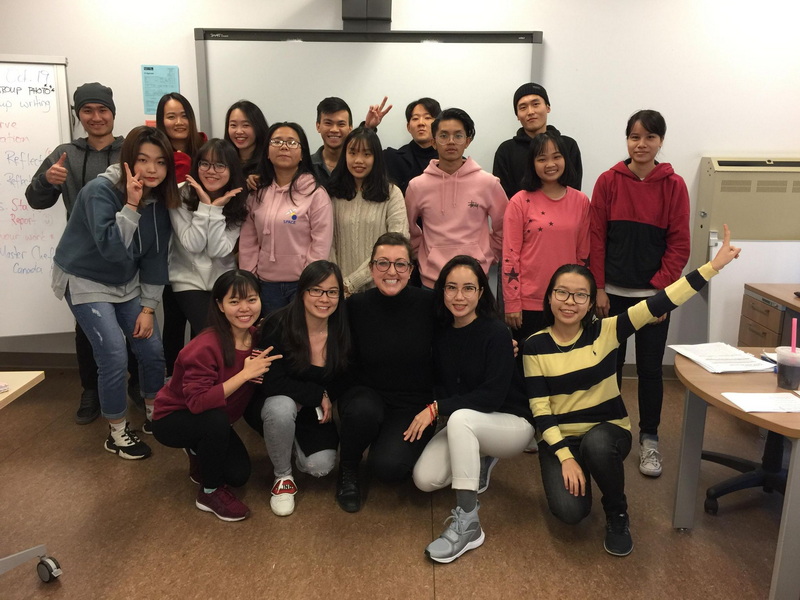
It has been a decade since I left Korea, and I have carried the knowledge and experience from the universities and KOTESOL to further develop myself professionally and pursue my academic passions. In 2014, I started my own small business that offers private or small group English coaching, mentoring, and tutelage for adults with specific academic or professional needs (www.newlifeabroad.org). In September of this year, I started a PhD program in education at the University of Ottawa. My research interests include online learning, emerging technologies, and reward systems.
All in all, I am incredibly grateful for the opportunities living, working, and volunteering in Korea and at KOTESOL. These experiences have doubtlessly contributed to my personal and professional growth and my ongoing passion for learning. I believe that the communities of people who are equally excited to share their ideas and strive for continuous learning, including KOTESOL, are invaluable for networking, progress, and inclusivity.
Dean Derkson
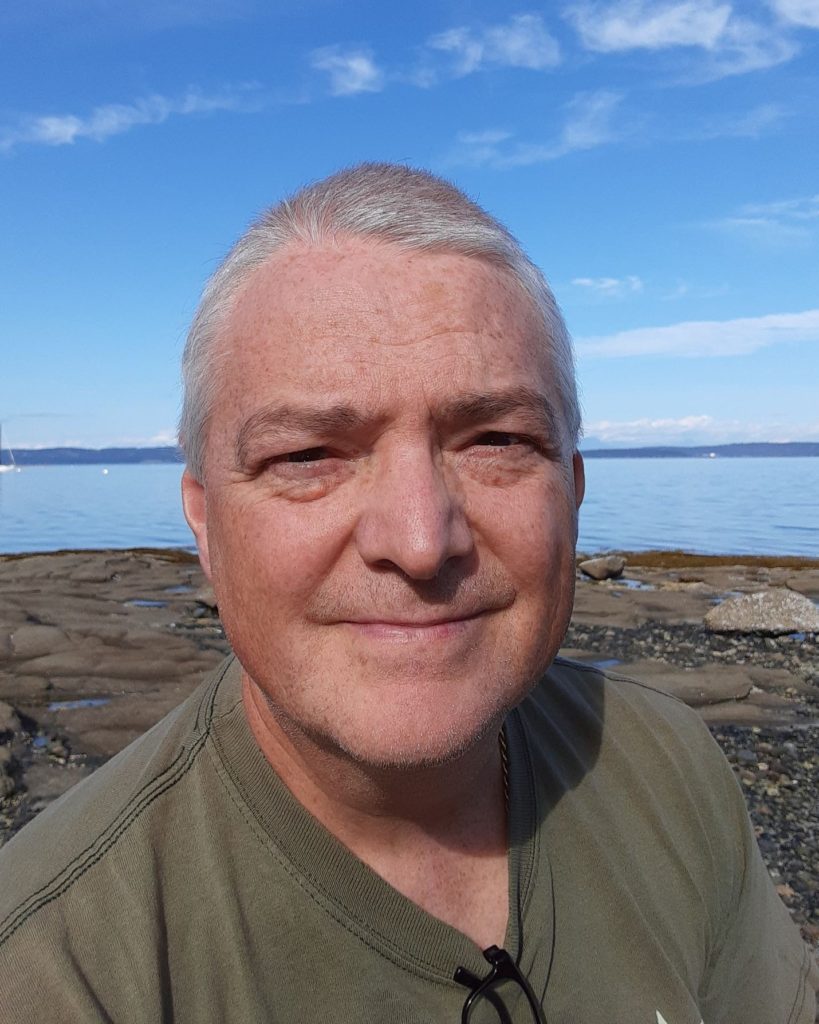
When Dean Derkson first arrived in Korea in 1997, he worked at a small hagwon (language academy) on the east coast, then at BCM Academy in downtown Gwangju in 1998, but most of his time in Korea was spent teaching English conversation at Chosun University from 1999 to 2017. He also obtained his master’s degree at Chosun while working there. Here is his story.
It was while teaching at Chosun University that I became associated with KOTESOL. I learned a lot at its teachers’ conferences that I could easily apply to make my classes better. I met many interesting people helping out there and soon became one of the many volunteers needed to keep the organization running smoothly. I still volunteer with Air Cadets Canada in the parent committee of the local squadron. My kids attend Cadets to learn skills like survival, shooting, and first aid as well as meeting other kids their age.
On arrival back in Canada in 2017, I needed to setup a household and ended up near Nanaimo, British Columbia. I got a car, a house, and a job as a painter to make ends meet and stop the bleeding from my bank account. Painting is a trade I had learned from my father, and in the past, I had a painting company that I used to pay my way through university. In 2019, after applying for a number of more professional positions, I interviewed at VIU (Vancouver Island University) and got a job teaching mathematics. My experience teaching at a university in Korea really helped me get this job, as well as understand what I needed to do to prepare for my classes, and to do the required paperwork in the office. Teaching math was easy, and a lot of fun, for me at least – for my students, not so much.
As cases of COVID-19 spread in Canada, my university decided one day that all classes would move online. We were given one week to make the change and learn to teach and test through Zoom. The following term, Spring 2020, many classes were cut, as 20 percent of our students were foreign and many had returned home. By summer, there was no more work for me, as I was still only hired on one-year contracts.
Following that, I got a job as a log peeler for a log home builder north of Nanaimo. It is basically being paid to work out at a gym. You debark and then peel, by hand, two 12-meter, 1000-kg logs each day with 50-cm draw knives that are razor sharp.
In the fall of 2021, my wife and I bought a different house built in 1880 that needed “some” work, and since then I have simply been working away on the house. I am 11 months into that project now. The next tasks are putting shelving and a clothes rack in my daughter’s closet, installing carpet on the stairs, and swapping out some questionable house support columns in the basement.
Life is good here, but I still miss Korea: There is no Geumsan Naengmyeon (cold noodles) available here in the summer!
Compiled by David Shaffer.
Photographs courtesy of Adriane Moser Geronimo, Kim Syejeong, Doug Stuber, Vivien Slezak, and Dean Derkson.
Gwangju-Jeonnam KOTESOL Upcoming Events
Check the Chapter’s webpages and Facebook group periodically for updates on chapter events and other online and in-person KOTESOL activities.
For full event details:
- Website: http://koreatesol.org/gwangju
- Facebook: Gwangju-Jeonnam KOTESOL
The Column Editor
David Shaffer has been involved in TEFL and teacher training in Gwangju for many years. As vice-president of the Gwangju-Jeonnam Chapter of KOTESOL, he invites you to participate in the chapter’s teacher development workshops and events (online and in person) and in KOTESOL activities in general. He is a past president of KOTESOL and is currently the editor-in-chief of the Gwangju News.







